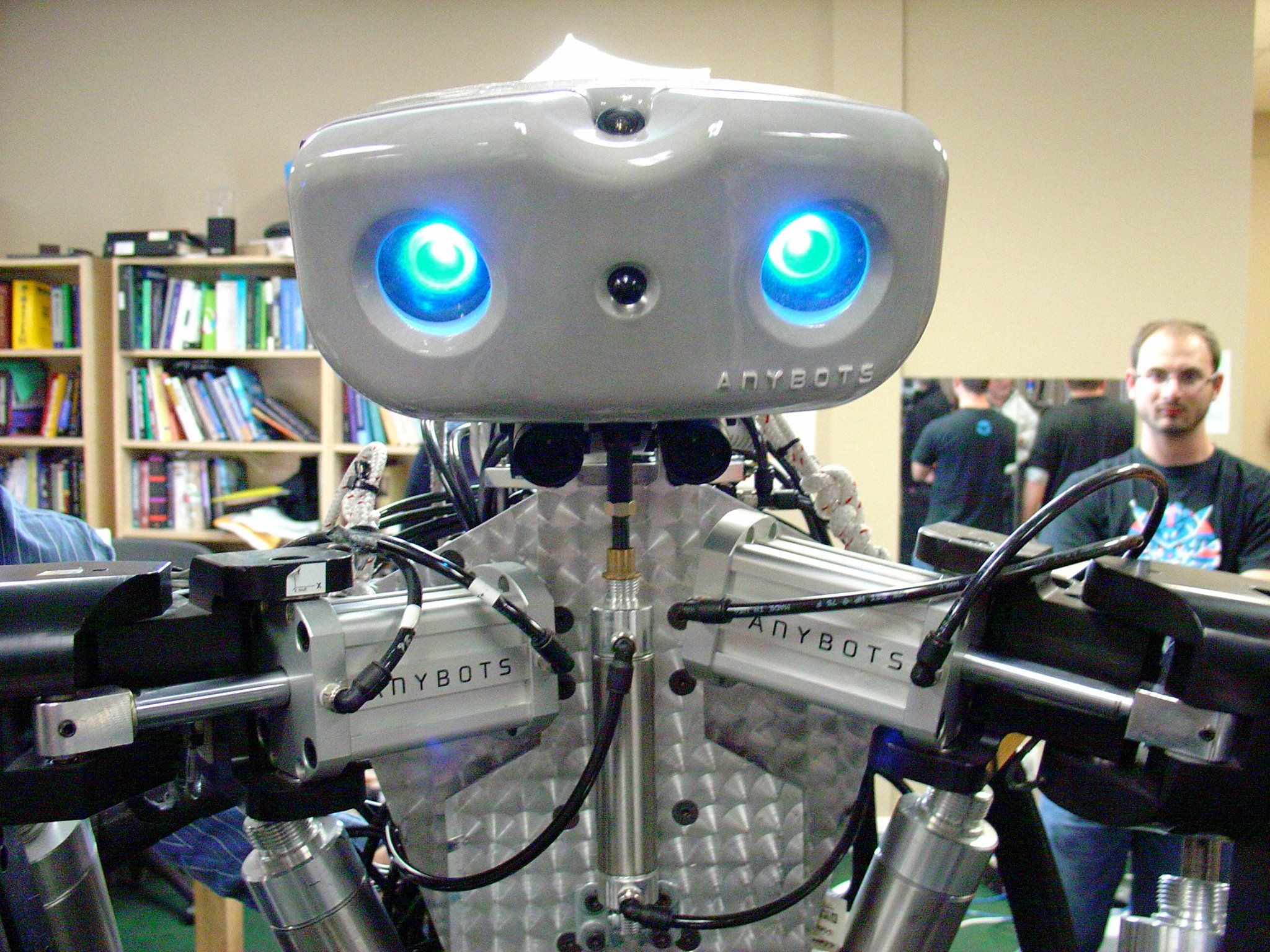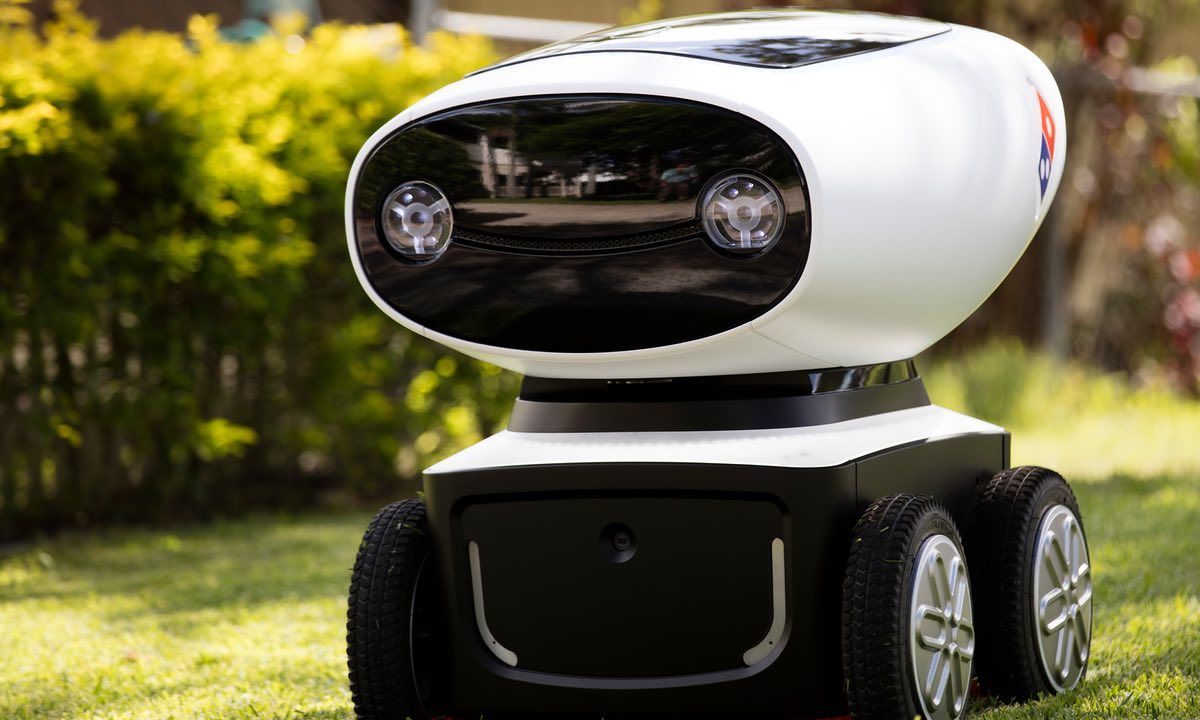At least in public relations terms, transhumanism is a house divided against itself. On the one hand, there are the ingenious efforts of Zoltan Istvan – in the guise of an ongoing US presidential bid — to promote an upbeat image of the movement by focusing on human life extension and other tech-based forms of empowerment that might appeal to ordinary voters. On the other hand, there is transhumanism’s image in the ‘serious’ mainstream media, which is currently dominated by Nick Bostrom’s warnings of a superintelligence-based apocalypse. The smart machines will eat not only our jobs but eat us as well, if we don’t introduce enough security measures.
Of course, as a founder of contemporary transhumanism, Bostrom does not wish to stop artificial intelligence research, and he ultimately believes that we can prevent worst case scenarios if we act now. Thus, we see a growing trade in the management of ‘existential risks’, which focusses on how we might prevent if not predict any such tech-based species-annihilating prospects. Nevertheless, this turn of events has made some observers reasonably wonder whether indeed it might not be better simply to put a halt to artificial intelligence research altogether. As a result, the precautionary principle, previously invoked in the context of environmental and health policy, has been given a new lease on life as generalized world-view.
The idea of ‘existential risk’ capitalizes on the prospect of a very unlikely event that, were it to pass, would be extremely catastrophic for the human condition. Thus, the high value of the outcome psychologically counterbalances its low probability. It’s a bit like Pascal’s wager, whereby the potentially negative consequences of you not believing in God – to wit, eternal damnation — rationally compels you to believe in God, despite your instinctive doubts about the deity’s existence.
However, this line of reasoning underestimates both the weakness and the strength of human intelligence. On the one hand, we’re not so powerful as to create a ‘weapon of mass destruction’, however defined, that could annihilate all of humanity; on the other, we’re not so weak as to be unable to recover from whatever errors of design or judgement that might be committed in the normal advance of science and technology in the human life-world. I make this point not to counsel complacency but to question whether ‘existential risk’ is really the high concept that it is cracked up to be. I don’t believe it is.
Continue reading “Who's Afraid of Existential Risk? Or, Why It's Time to Bring the Cold War out of the Cold” »

















